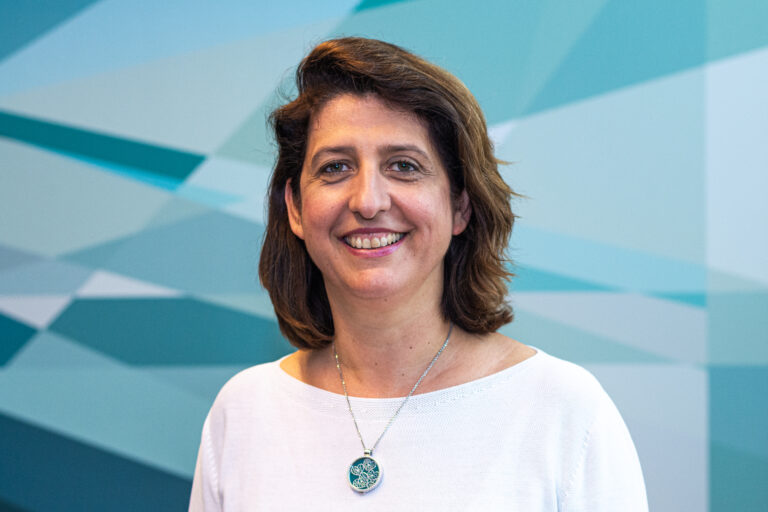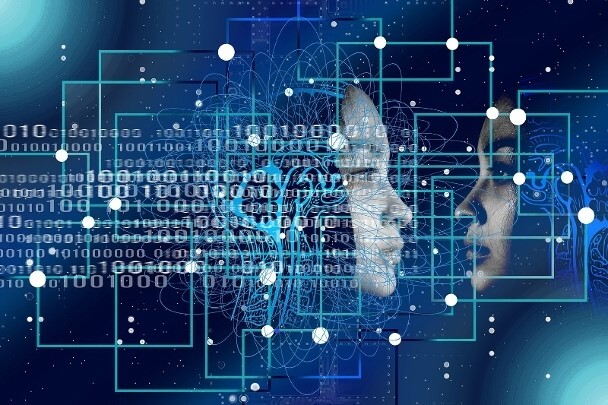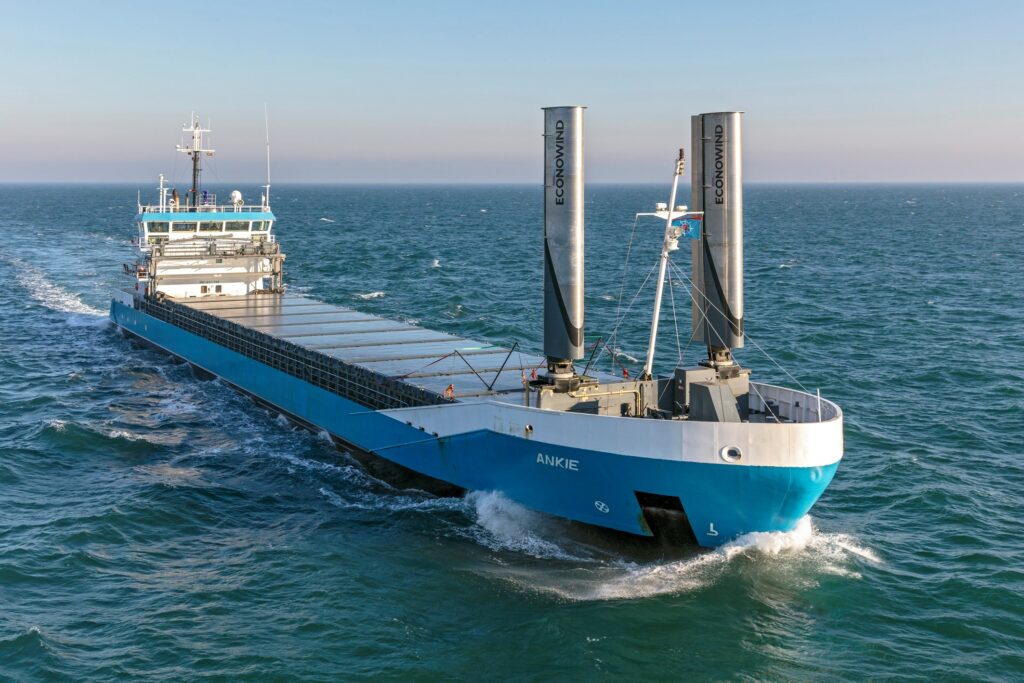Interview Katja van Kranenburg – chair working group Human Capital NL AI Coalition
Introduce yourself, who is Katja, besides chair of the working group Human Capital?
I am an attorney at CMS, specialised in labor law and I manage the Employment & Pensions section. Within CMS I am head of the Sector Group Technology, Media & Communications in the Netherlands and responsible for our Corporate Social Responsibility policy in the field of Technology and Innovation. For me, these roles bring together my deep interest in working on skills development, training and the impact of technology on work. I am also chairman of the working group Human Capital of the Dutch Blockchain Coalition and involved on behalf of the two coalitions in the management consultation of the Human Capital Agenda ICT.
Why are you chair of this working group, in other words what do you think is important about Human Capital?
I am convinced that education is essential for the development and growth of our economy. A higher level of knowledge in line with technological developments leads to (higher) income security, retention of talent and the opportunity to contribute to innovation from the Netherlands. At the same time, training remains an underexposed part of the agreements between employer and employee, although we currently see that the impact of Corona on sectors and occupations forces a large number of people to seek training in order to stay in work. Education, and in particular the acquisition of knowledge about technology, is important at all levels of education, but despite this, education about technology is not part of the (school) curriculum. This is a missed opportunity because there is a risk of a gap in knowledge in the Netherlands. Another risk of the lack of knowledge about technology, such as AI, is that citizens are insufficiently able to gain confidence in the application of technologies by the government.
What does the working group Human Capital stand for?
One of the goals of the working group Human Capital is to accelerate the development of knowledge about technology and AI in particular, to make it more accessible for students and (future) employees. In fact for the citizen. The working group is formed by participants of the NL AIC from the business community, government, knowledge institutions and social organisations. By working together from this working group we achieve more than when everyone addresses the same questions from their own organisation. Contrary to what is sometimes suggested, I am convinced that jobs are not taken over by AI, but that tasks and roles change by AI. That is a positive development. Think for example of certain repetitive tasks that can be performed more efficiently by AI. Or how AI can boost the level of knowledge in certain functions in order that people can make better decisions.
Within the working group Human Capital we work with three subgroups: Lifelong Development, Research & Data, and Training & Education. In addition, we will soon be starting with a group that provides HR people with guidance on how to start with training and knowledge about AI. This consists also including better anticipation of change in roles and which stakeholders to involve. Together with the working group we are working on providing insight into available courses and training. We are organising sector-specific Tech in a Day’s and webinars, such as the Lifelong Development & Digitisation webinar that took place on Tuesday 22 September.
What was this webinar about?
Many organisations know that new technologies, such as AI, are going to bring changes, but at the same time there are a lot of questions. How and where do you start within your organisation, how do you ensure that employees in all layers of the organisation participate and how do you determine which changes you need to prepare for. And once you have that picture, who has which responsibility in this process.
During the webinar four speakers spoke, each with their own drive and passion for AI. In the first part I spoke as a host with Iris Koolen, one of the founders of I.AM.Digital and the National AI Course. She shared her experiences about taking organisations into a process of change, her vision on Lifelong Work and the role of the employee in it. Marc Jansen, responsible for People Data & Innovation at Rabobank, explained how gaining knowledge about technology and understanding the impact of technology on roles within Rabobank is now part of their DNA. At the same time, we assessed that resources sometimes remain unused. These resources must be better distributed to facilitate labor mobility.
In the second part, Paul Gelderblom, Manager of Data Science Development at Shell, explained how within Shell the energy transition has been a driving force for the active development of knowledge and skills around AI and data for a number of years now. Although this requires an investment in time and resources from all parties involved, many see it as part of the agreements between employer and employee. Maarten de Rijke (Professor of AI and Information Retrieval at the University of Amsterdam and Director at the Innovation Center for AI) told about the reason for setting up the ICAI Labs and how science is working with the business community and government on AI issues that contribute to accelerating innovation in the Netherlands. The participants of the webinar were able to sign up live for the AI MOOCs (online courses) developed by ICAI and Delft University of Technology.
How does this webinar relate to the other activities of the working group?
This webinar contributes to the objective of the working group Lifelong Development: To raise awareness about the importance and impact of AI in all layers of organisations and to stimulate the development of training and education broadly in the Netherlands in all sectors. In addition to this webinar, we also try to achieve this objective in other ways, such as providing an overview of the range of various AI training and courses, organising sector-specific Tech in a Day’s (what can AI mean for a specific sector, for example Energy & Industry) and setting up Teach the Teachers where we connect teachers, share educational materials and organise deep dives to transfer knowledge to each other. The working group has a digital moment every three weeks for half an hour. This often results in interesting and concrete ideas, which are tackled with a lot of energy.
For more information about the working group Human Capital, go to this page.






